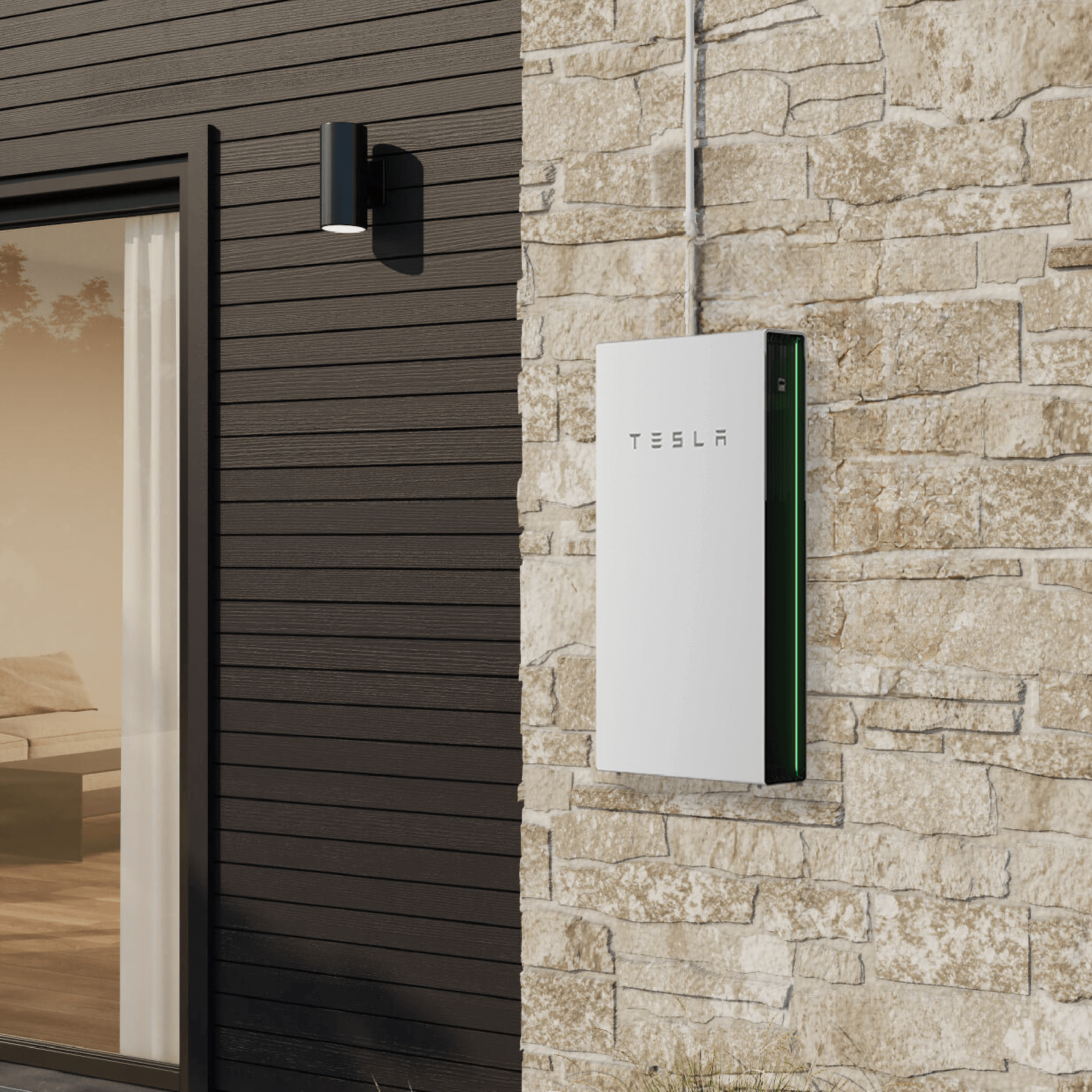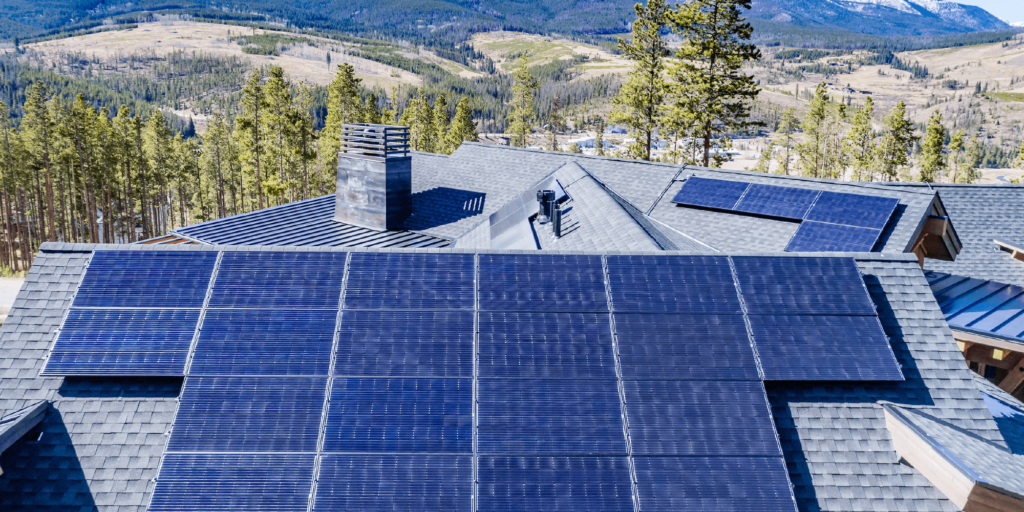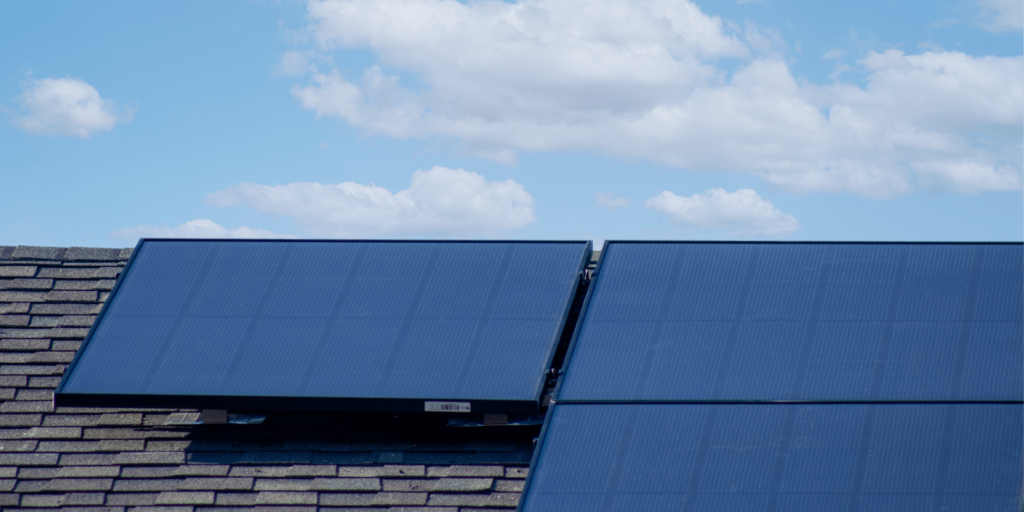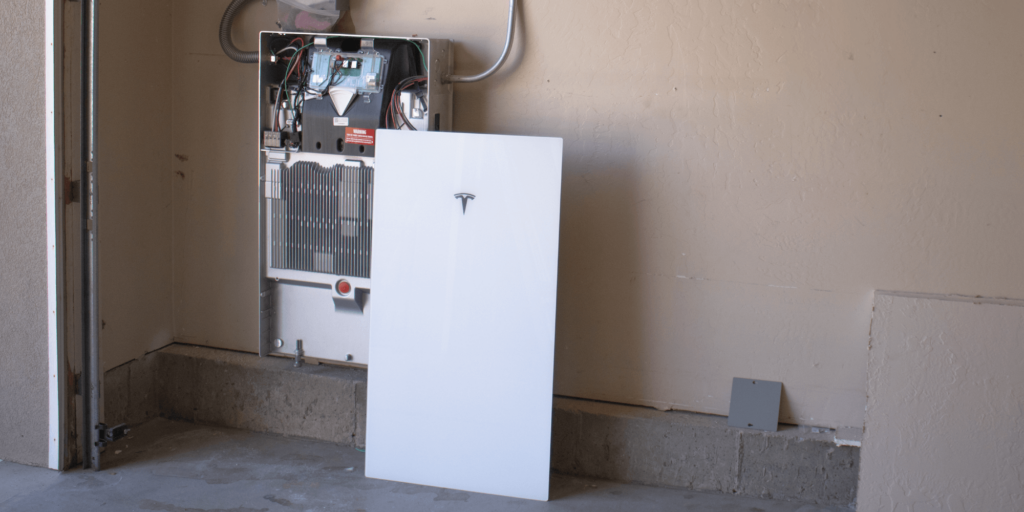
The increasing popularity of renewable energy sources, particularly solar power, has led to significant advancements. One of the most impactful innovations is solar battery storage. This technology enables homeowners and businesses to save surplus solar energy produced during the day for use at night or on cloudy days. Let’s explore the various benefits of solar battery storage, including financial incentives, increased property value, and other practical advantages.

Maximize Self-Consumption
By storing excess solar energy generated during peak sunlight hours, such as daytime, solar batteries enable homeowners to tap into this stored energy during periods of low sunlight or increased energy demand, such as at night or on cloudy days. This reduces reliance on the utility grid, minimizing the need to purchase electricity from utilities and providing greater control over energy usage.
One of the benefits of solar battery storage is that it enhances the efficiency of solar power systems by ensuring that the energy produced is not wasted but rather stored for later use. This capability is particularly beneficial in areas with unreliable utility grid infrastructure or areas that are prone to power outages. During utility grid outages or emergencies, properly sized solar battery systems can ensure continuity of essential electrical loads, maintaining operations and comfort.
As solar technology continues to advance, solar batteries are becoming more affordable and efficient, making them an increasingly attractive option for homeowners looking to maximize their solar investment and achieve greater energy independence.
Reduce Peak Demand Charges
Solar batteries contribute to reducing peak demand charges imposed by utility companies, especially in commercial and industrial settings. By storing excess solar energy during off-peak periods and discharging it during peak demand times, users can effectively manage energy costs and lower their electricity bills. This strategic use of stored solar energy helps flatten the demand curve, reducing the peak demand and, consequently, the peak demand charges.
By minimizing peak demand charges, businesses can achieve significant cost savings on their electricity bills. This reduction in energy costs can improve the overall financial performance and competitiveness of commercial and industrial operations. Using solar batteries to manage peak demand can enhance grid stability and reduce the strain on the electrical infrastructure during high-demand periods.

Reduced Carbon Emissions
Solar battery storage enables homeowners and businesses to use clean, renewable energy even when the sun isn’t shining, thereby reducing reliance on fossil fuels. They play a big role in reducing carbon emissions by storing excess energy generated by solar panels during peak production periods. This decreased reliance on traditional energy sources translates to lower carbon emissions, helping to mitigate the harmful effects of climate change and transition towards a more sustainable energy future. Solar batteries increase energy efficiency and resilience by providing a reliable backup power source during outages, further promoting environmental sustainability and reducing carbon emissions.
Security During Outages
During power outages, solar batteries act as a reliable backup, ensuring a continuous power supply for essential appliances and devices. By storing excess solar energy generated during sunny periods, these batteries offer households and businesses a sustainable and resilient solution, providing security and peace of mind during unexpected blackouts. Solar batteries can be configured to prioritize critical loads, such as medical equipment, refrigeration, and communication devices, further enhancing their value during emergencies. This capability supports energy independence and reduces strain on the grid during peak times and outages.

Power at Night
Solar batteries store energy collected during the day from sunlight as electricity. This stored energy can then be used to power homes and buildings during nighttime when there is no sunlight available for direct generation, ensuring a continuous and sustainable energy supply. By leveraging solar batteries, households and businesses can maintain a reliable power source, reduce dependence on the grid, and minimize the impact of power outages.
Financial Incentives: Credits, Rebates, and Property Value
While solar battery systems involve upfront costs, the long-term financial benefits can be rewarding and considerable. Various incentives and rebates further offset the initial investment, making solar battery storage more accessible and affordable.
By understanding how solar batteries work and their various configurations, you can make an informed decision about integrating them with your solar power system and into your home.
Increased Property Value
Homes equipped with solar energy systems, including battery storage, typically see an increase in property value. Studies have shown properties with solar panels sell for a premium compared to those without. Adding a solar battery storage system improves energy availability and efficiency. The long-term cost savings and energy independence make these homes more attractive in the real estate market.

Should You Invest in a Solar Battery?
Deciding whether to invest in a solar battery storage system depends on various factors, including your energy needs, financial situation, and long-term goals. Here are some considerations to help you make an informed decision:
- Energy Consumption Patterns: If you have high energy usage during peak hours or frequently experience local power outages, a solar battery storage system can provide significant benefits. Homeowners can monitor their energy consumption patterns themselves to optimize the use of the solar battery storage system.
- Financial Incentives: Evaluate the available rebates and other financial incentives in your area. These can greatly reduce the initial investment and improve the financial viability of the system.
- Long-Term Savings: Calculate the potential savings on your energy bills over the system’s life. Solar battery storage can offer substantial long-term savings, especially in areas with high electricity rates, like major cities.
- Environmental Commitment: If reducing your environmental impact is a priority, investing in solar battery storage aligns with sustainable living and contributes to a greener future. By storing excess solar energy, you can reduce reliance on fossil fuels, decrease greenhouse gas emissions, and ensure a consistent renewable energy supply even during periods of low sunlight.
How Solar Energy Storage Systems Work
A solar energy storage system typically consists of solar panels, an inverter, and a battery. Solar panels convert sunlight into direct current (DC) electricity. The inverter then converts this DC electricity into alternating current (AC) electricity, which is used by most home appliances. Excess electricity generated by the solar panels is stored in the battery for later use. When the solar panels are not producing electricity, such as at night or during cloudy days, the stored energy in the battery is used to power your home.
Solar batteries are typically made from lithium-ion or lead-acid technology, with lithium-ion batteries being more common due to their higher energy density, longer lifespan, and lower maintenance requirements. The battery management system (BMS) within the solar battery ensures optimal performance by monitoring the state of charge, temperature, and overall health of the battery. By storing excess energy, solar batteries provide a reliable backup power source, reduce dependence on the grid, and can help homeowners save on electricity bills by using stored energy during peak rate periods.

How to Install a Solar Battery
To install a solar battery storage system, you will need several components and services. First, if you don’t already have solar panels, you will need to install them as the primary source of energy generation. Next, you will need an inverter to convert DC electricity to AC electricity. A solar battery is essential for storing excess energy, and a Battery Management System (BMS) is necessary to monitor and manage the battery’s performance, ensuring safe and efficient operation. Professional installation by qualified technicians, like Blue Raven Solar, is required to integrate the battery storage system with your existing solar panels and electrical system. Finally, you must obtain the necessary permits and schedule inspections to comply with local regulations and ensure the system is safely installed.
There are numerous benefits of solar battery storage, from financial incentives and increased property value to energy independence and environmental sustainability. As solar technology continues to advance and becomes more affordable, the adoption of solar battery storage systems is likely to grow, making it a smart and forward-thinking investment for homeowners.
At Blue Raven Solar, we are committed to delivering renewable energy solutions through our top-notch solar installations. Our advanced solar battery technology, including options like the IQ Enphase 5P, integrates seamlessly with your photovoltaic (PV) solar system. Whether you’re exploring solar technology or looking to boost your home’s energy independence, Blue Raven Solar is here to assist you in making the transition.



Sorry, the comment form is closed at this time.